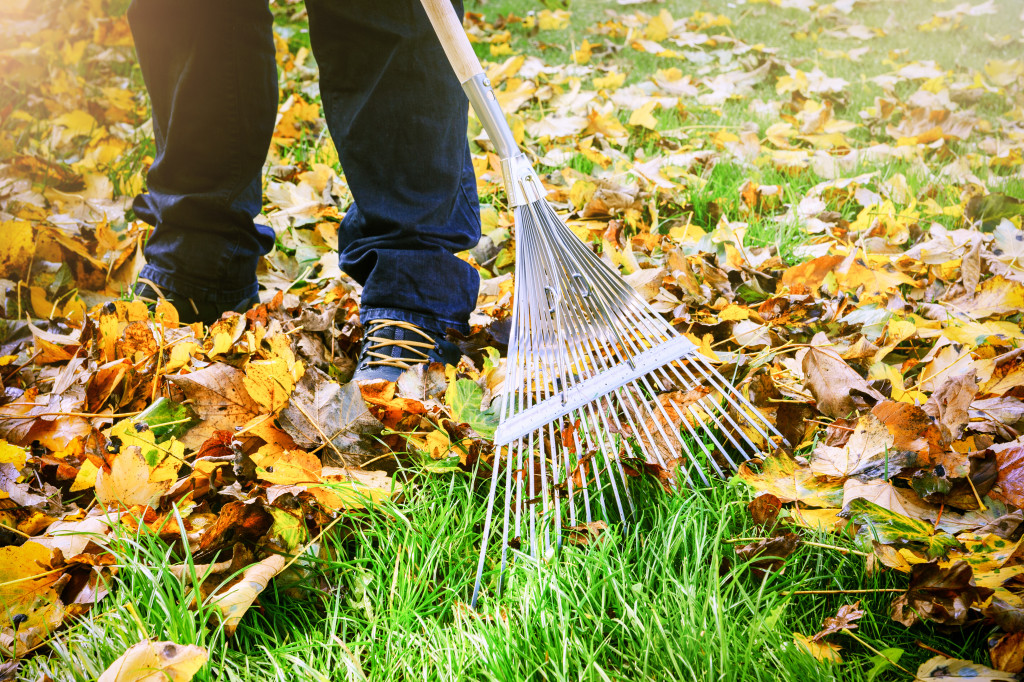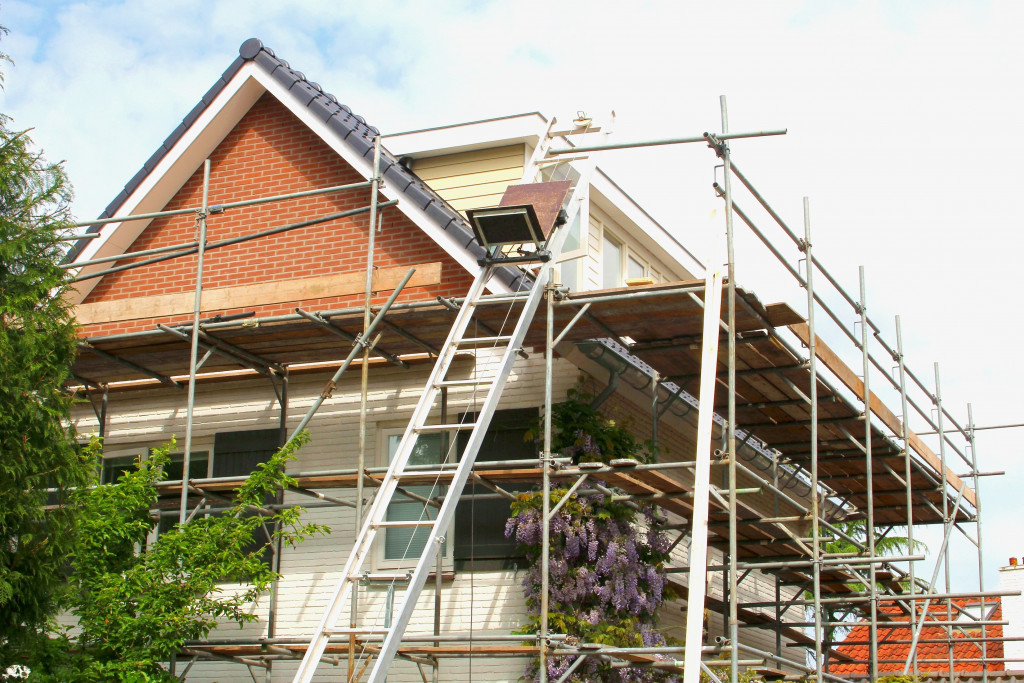No one knows when a natural disaster will hit. It could be tomorrow, it could be next year. But being prepared for when it does is crucial if you want to minimize the damage done to your home and your family. Here are some tips to consider when preparing the home for these disasters.

1. Have multiple sources of communication in place- such as an emergency radio or even a ham radio.
Having several sources of communication is important in the event of a natural disaster. If the power goes out, you’ll need a way to get updates on what’s happening. An emergency radio or ham radio will allow you to do that. These radios can also be used to communicate with others in case of an emergency. So make sure you have one or more of these radios in your home so you can stay informed during a natural disaster.
2. Be aware of local government disaster plans
There may be certain plans set in place by the local government. The best thing you can do is to know what they are, and what you should expect during a disaster. Even though natural disasters happen without warning, the local government may have some advanced warning of one before it hits. Make sure that you know where your closest evacuation center is, and how to get there.
You should also be aware of the local stormwater management plan with the increasing intensity of flooding in different parts of the country. Knowing the plan allows you to prepare in case a severe storm hits your area.
3. Store water, food, and medical supplies.
The best course of action you can take is to store food, water, and medical supplies. This way, if a natural disaster hits your home, you’ll have enough food and water on hand to last until help arrives. And this will also decrease the risk of looters coming to your home while there’s a disaster going on outside.
4. Make sure your home is protected against flooding.
There are many ways you can protect your home from getting damaged by water levels. One of the most important steps you should take is to secure all loose items in your yard, garage, and anywhere else around the property. This will lessen the damage done if the water level gets too high. You should also make sure that all windows and doors are covered with a waterproof fabric, such as a tarp. This will also keep water from getting inside the house if a natural disaster causes flooding.
5. Upgrade your home’s ability to withstand earthquakes.
There have been numerous examples of homes collapsing during an earthquake because they were not constructed to withstand the tremors. Even if you live far away from the areas that are at high risk of earthquakes, it is still a good idea to make sure your home has been earthquake-proofed. This will minimize any damage done to the house if an earthquake strikes nearby.
Make sure your roof and foundation can handle the force of an earthquake. And if your home is older, consider bringing in an expert to do a seismic retrofit. This way, you can rest assured that your house will not suffer from any earthquake damage.
6. Store important documents in a waterproof container
One of the biggest problems natural disasters bring with them is water damage. Floods and powerful winds can cause a great deal of damage to homes, especially those that are not protected. This kind of water damage can cause all sorts of problems, such as destroying family heirlooms and ruining important documents like IDs and bank statements. The best way to combat this is by storing these important documents in a waterproof container.
7. Clean up the yard before a natural disaster strikes
When a natural disaster such as a hurricane or typhoon is headed your way, it’s best to clean up the yard before anything happens. Storms can pick up all sorts of debris and bring it with them, which could cause further damage to your property. Cleaning up the yard beforehand will lessen this risk and keep your home from being damaged even further.
8. Protect windows with plywood
If you have a window that is prone to breaking or shattering, it’s best to protect it with a piece of plywood. This will lessen the risk of injury and make your home a lot safer during a natural disaster. There are many other ways you can prepare your home for a natural disaster. Make sure you are aware of all the necessary steps you should take to keep your home safe.
The more you prepare your home for a natural disaster, the less likely it is that there will be any damage to it. You should plan and take some of these precautions before an actual event occurs so that you can lessen the risks of injury or property destruction.

